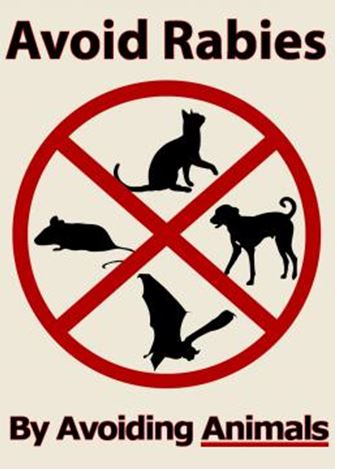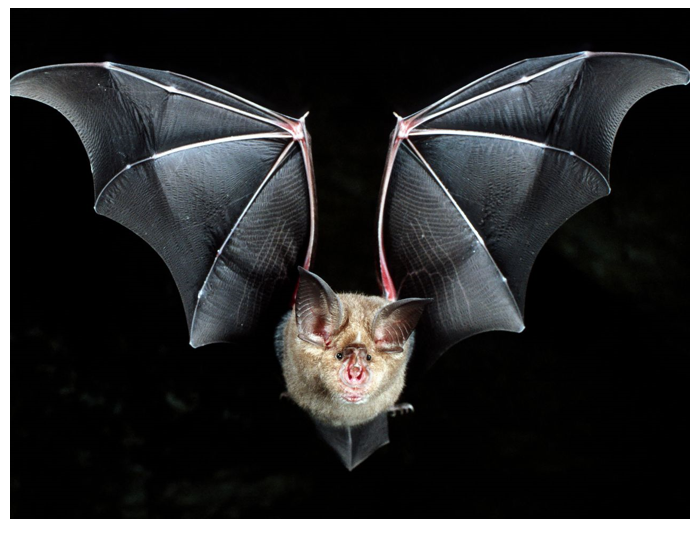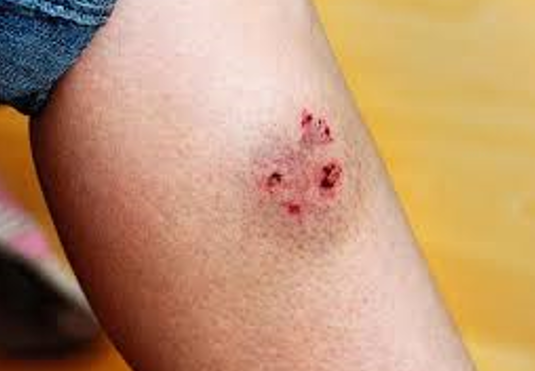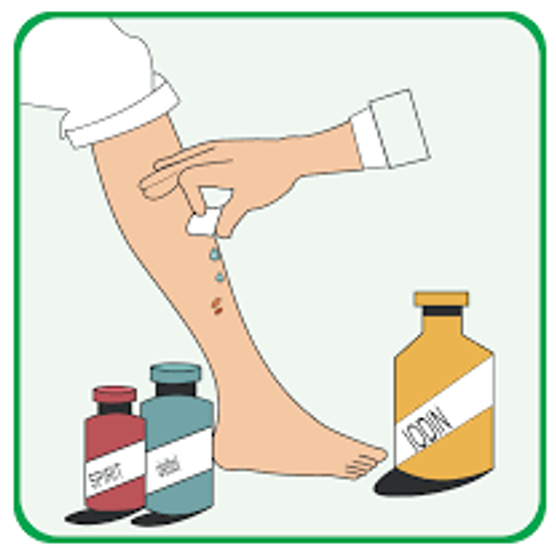Animal Bites

Rabies is responsible for 59,000 human deaths annually and although not present in UK is present in most of the other countries worldwide. Rabies is more commonly found in countries such as South America, Africa, and Asia, with a high proportion of the infection found in India. Rabies is caught from a bite or scratch of an animal, most often from a dog.
Customers should also be advised to avoid bats whenever possible but if a customer is expected to come into contact with bats Public Health England Bat Contact and Rabies has a useful downloadable resource with information for health professionals and customers alike.
Rabies is highly infectious and is almost always fatal once symptoms appear, however getting vaccinated against the disease is very effective and will save lives. More information can be found on the Travel Health Pro Rabies website.
The disease is preventable if the correct post-exposure treatment (PET) is provided quickly however PET can be extremely expensive and difficult to obtain in some areas so vaccination is always the preferred option as there will still be PET needed anyway.
Prevention
Contact with wild or domestic animals during travel should be avoided. Customers should also be advised:
- Not to approach animals.
- Not to attempt to pick up an unusually tame animal or one that appears to be unwell.
- Not to attract stray animals by offering food or by being careless with litter.
- Be aware that certain activities may attract dogs (e.g. running, cycling).
The following advice can be given regarding first aid following a possible rabies exposure:
- Urgent action is required; treatment should be commenced as soon as possible after the exposure.
- Immediately wash the wound with detergent or soap and running water for several minutes.
- Apply a disinfectant to the wound such as an iodine solution (tincture or aqueous solution of povidone-iodine) or 40-70 percent alcohol.
- Apply a simple dressing to the wound.
- Seek immediate medical advice about the need for PET and possible antibiotics to prevent a wound infection.
- Tetanus vaccine may be necessary if the traveller is not up to date.
- Suturing of the wound should be postponed until PET has started.



